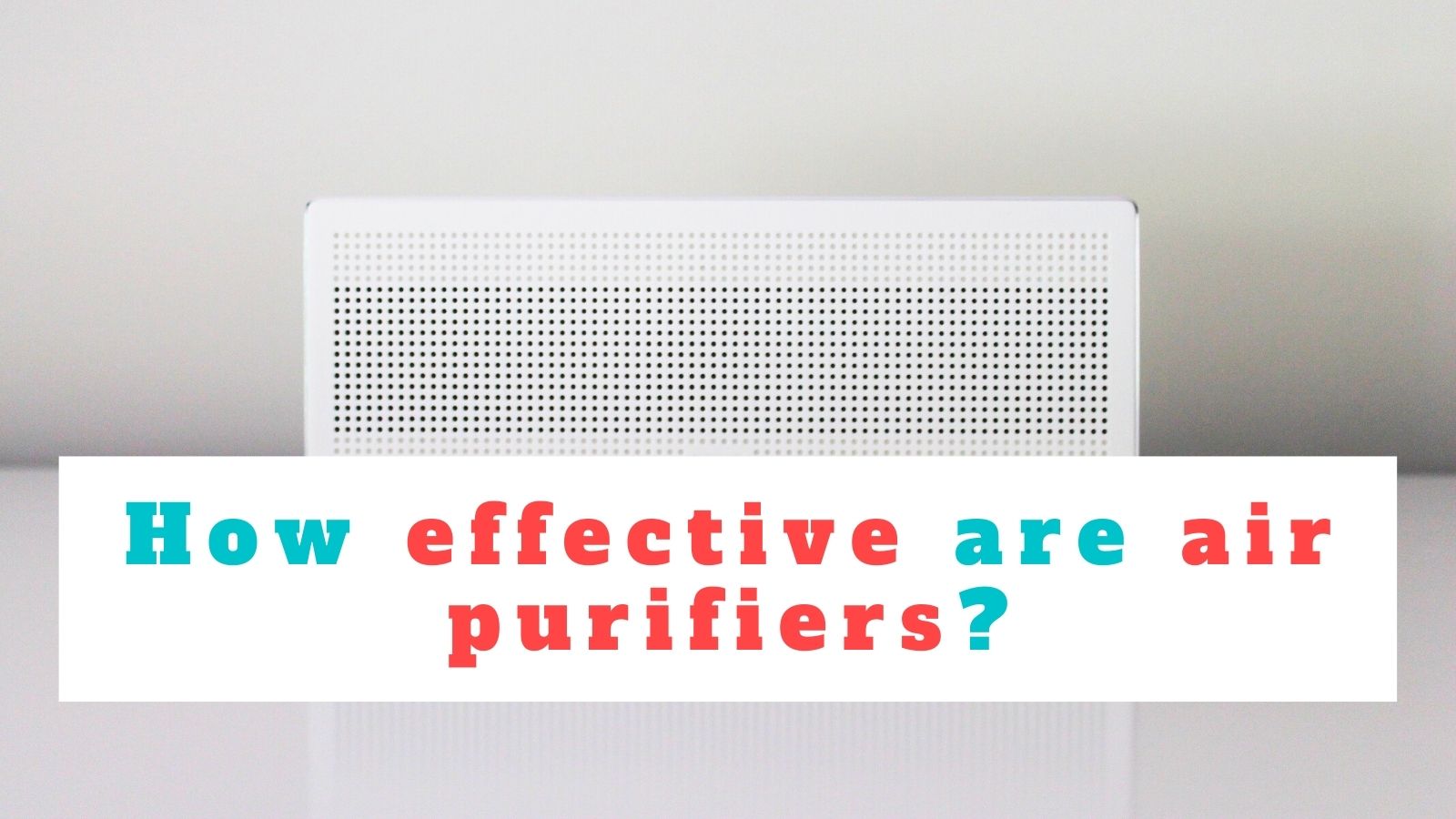People have been increasingly concerned about pollution’s health risks in recent years.
Those who constantly live in an ecologically clean area hardly need so much additional protection from harmful impurities in the atmosphere. But if you, like most city residents, spend more 8-9 hours in a stuffy office and then go to the your city apartment, you should definitely think about what air fills your lungs during the day.
The air purification mechanism use fans to draw in air, which is then filtered before being exhausted back into the room. To lessen allergy symptoms, air purifiers are effective at eliminating odors and big particles from the air, such as dust, pollen, and pet dander.
Types of air purifiers and which are considered most effective
Air purifiers come with different mechanisms and air filters.
- Mechanical. The simplest designs with fine mesh screens inside to catch large particles.
- Adsorptive. Equipped with charcoal cartridges capable of destroying unpleasant odors, pollen and various chemical reagents.
- Electrostatic. They use the mechanism of interaction of multipolar particles: passing through the ionizer, positively charged pollutants are attracted to the plate with a negative electromagnetic field, and are deposited on it.
- Fine Purification (HEPA). Traps up to 99.97% of microparticles larger than 0.1 micron, including fungal spores, epithelial fragments and tobacco smoke
- Photocatalytic. They work on the basis of ultraviolet radiation, destroying toxins and bacteria to harmless components.
However, most modern air purifiers use HEPA filters.
Tips for choosing an air purifier
It might be challenging to find an air purifier that will endure for many years, clean the air within the home, solve all air pollution-related issues, and also generate minimal noise. And because of this below we will look at several tips to choose the right air purifier that will best suit your requirements.
Depending on the square footage of the space you’re looking to purify, you’ll need to select a unit that’s specifically designed for small, medium, large, or extra-large rooms.
2. Consider air purifiers according to your specific requirements and the problems you are going to solve.
Are you looking to eliminate dust, pollen, or pet dander from the air? Or do you need something more powerful to remove smoke, chemicals, or other pollutants?
3. Think about how often you are going to use your air purifier.
Probably you don’t want to spend a lot of money on something that you’re only going to use occasionally. If you have allergies or asthma, then you’ll probably want to use your air purifier more often. But if you just want to remove occasional dust and pollen from the air, then you can get something simpler.

Leave a Reply
You must be logged in to post a comment.